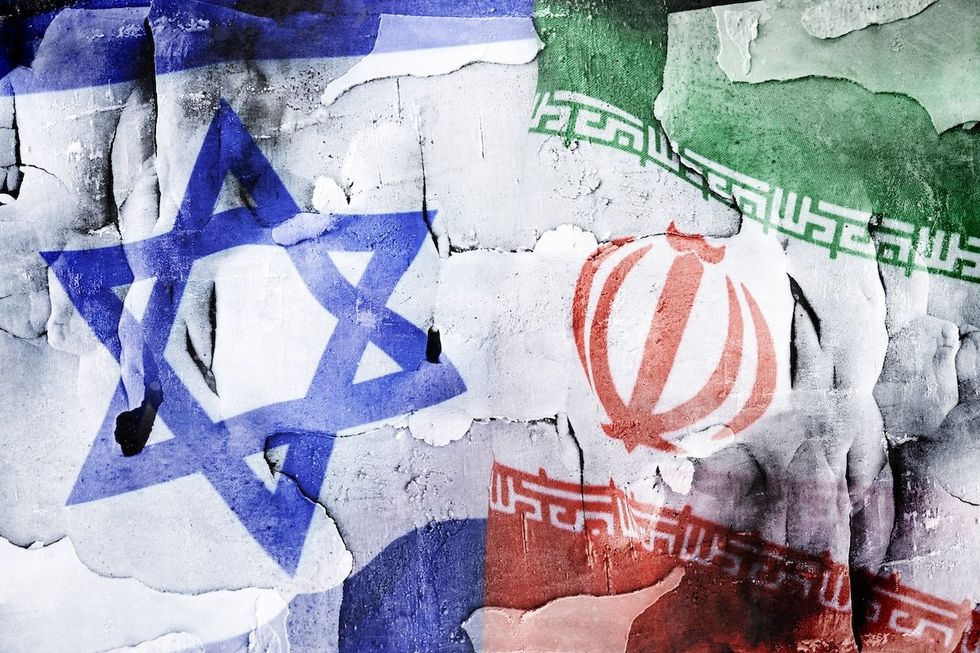Well, now we know the answer to the question of how Israel planned to respond to Iran’s recent attack. Explosions were reported early on Friday near the northwestern Iranian city of Isfahan, in what several major outlets reported, citing US officials and local sources, as an apparent Israeli strike.
The blasts come just days after Iran launched its first-ever direct attacks on Israel, launching hundreds of missiles and drones, almost all of which were shot down by Israeli and US missile defenses. That salvo was itself seen as a response to Israel’s strike on an Iranian diplomatic compound in Damascus early this month.
Syria and Iraq blasts reported as well. Blasts possibly related to the strikes on Iran were also reported around the same time at sites in Iraq and Syria. Both countries are home to sizable Iranian proxy forces and intelligence units.
So much for the Passover head fake. Earlier on Thursday, US officials had suggested anonymously that Israel would wait until after the Jewish holiday of Passover, which begins Monday, to retaliate.
No nuclear sites in the crosshairs, it seems. The full extent of the Israeli attack is not yet precisely clear, but the strike doesn't appear to have targeted the Natanz nuclear facility, a major component of Iran’s controversial nuclear program, which is located about 100 miles north of Isfahan. Israel has long made clear its desire to destroy Iran’s nuclear research. The International Atomic Energy Agency, the UN's nuclear watchdog, on Friday said there was "no damage" to Iran's nuclear sites.
Isfahan, meanwhile, is home to several military bases and airfields, which may have been the targets. Iranian officials told the New York Times that a strike hit a military air base near the city. Outside Iran, Isfahan is known chiefly for its rich history of Islamic architecture, which includes several UNESCO heritage sites.
Was this an escalation by Israel? “On the surface, it appears rather limited,” said Gregory Brew, lead Iran analyst at Eurasia Group, “beyond the symbolic significance of Israel hitting Iranian territory.”
Iran isn't blaming Israel. Tehran is claiming to have shot down several drones in the Isfahan area but is downplaying the significance of the incident and hasn't blamed Israel — instead pointing the finger at "infiltrators." Iran has not indicated any plans for retaliation, in a potential sign that it doesn't want to escalate the situation.
“It’s early,” Brew noted, “but the official regime line may be that this is not an action that requires immediate and public retaliation.”
That’s good news even in a bad situation, he says. “It would suggest that the Israeli effort to hit back without triggering further escalation has been successful.”



















